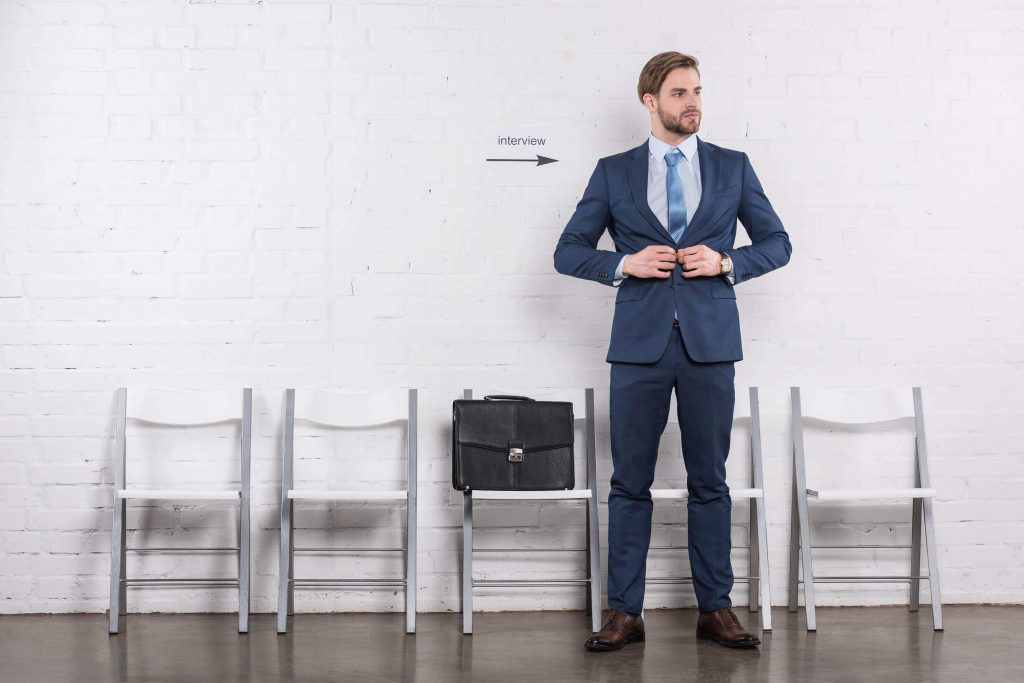No matter how many interviews you’ve had, it’ is still perfectly normal to feel nervous. To combat interview jitters, follow our top 10 interview tips:
1. Be prepared
To impress the interviewer, you must be well-prepared for each interview you may have. Make sure you’ve done extensive study about the job, the business, and other topics; this will help you stand out from the competition during interviews. Check social media and news websites for any company changes or information that could be relevant to the position you’re looking for. You’ll stand out if you demonstrate your passion for the field!
2. Dress for success
Although it’s always a good idea to present yourself well for an interview, suits might not be appropriate given the company’s dress policy. A three-piece suit might not be the ideal choice if the office is informally dressed. If you seem professional, nothing will go wrong.
3. Be confident in your strengths
Having faith in your abilities might help you feel more confident during an interview. Use the fact that you were chosen over others because of your skills to your advantage. Discussing your strengths with the interviewer will demonstrate your confidence, talent, and excitement while also demonstrating to them that you are capable of handling the work necessary for the position.
4. Look over your CV
You can review your CV to be reminded of all the accomplishments you have made in your professional career to date; highlight them for the interviewer. Make sure you are familiar with the information on your resume so you can provide examples during the interview.
5. Arrive early
Don’t forget to write down or save the address for the interview as a note on your phone once you get it. Leave early enough to get at the location so you have enough of time to gather your thoughts and remain cool. Always aim to arrive at your interview 15 minutes early to give yourself time to settle in.
6. Try to relax
We’ve all experienced it. No matter how well you have prepared for the day, there are occasions when anxiety sets in and is hard to overcome. Try to unwind and breathe deeply. The interview is an opportunity for the interviewer to get to know you as a person; keep in mind that you were chosen for the interview because you satisfy the requirements. As previously, being well-prepared is essential for reducing anxiety. Give yourself plenty of time to consider them, and if you’ve done enough study about the business, you’ll be able to speak confidently about the qualities you can offer to it.
7. Listen
Make sure you answer each question in accordance with what the interviewer asks by paying close attention to what they say. You might be tempted to memorising answers while you prepare ahead of time, but it isn’t always the best strategy. To avoid seeming forced and robotic, pay attention to what the interviewer is particularly asking you about and adjust your prepared responses accordingly. You may demonstrate that you’re interested in the conversation by attentively listening, maintaining eye contact with the interviewer, and watching for social signs and body language.
8. Be specific
Always be detailed when responding to inquiries or expressing your opinions. Give specific, pertinent examples; consider utilising the STAR structure (Situation, Task, Action, Result). Using this framework can be a fantastic way to come up with thoughtful responses.
9. Ask questions
You’ll very certainly be asked if you have any last questions for the interviewer at the conclusion of every interview. This is your chance to learn more about the role and demonstrate your interest in it. Think about inquiring about the corporate culture. Who do you have to report to? What does a typical day entail? When considering a job offer, these kinds of questions might help you gain a better understanding of what life would be like at the organisation.
10. Follow up
Following up after the interview is important. Although it’s not a typical practise, it might be the difference between receiving a job offer or being turned down. Thank your interviewer for their time in a brief email and urge them to get in touch if they have any other questions. This will make you more memorable and bring your name to the forefront of their minds.





